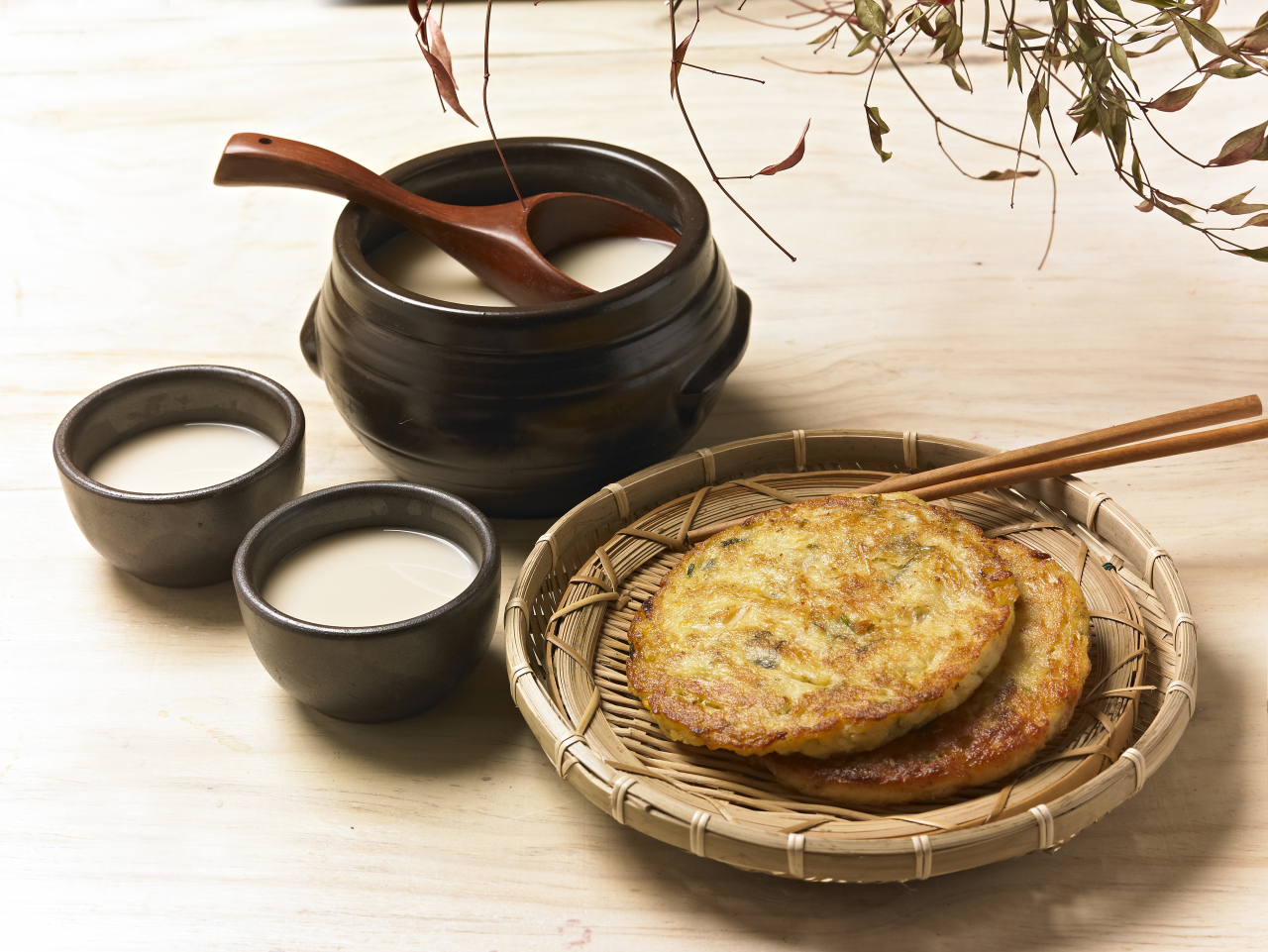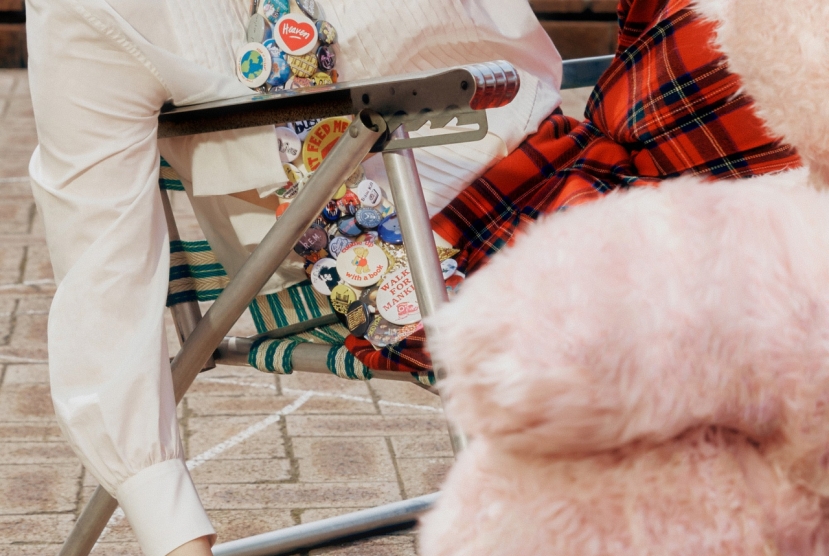Why Koreans crave fried food on rainy days
Origins of eating jeon on rainy days remain uncertain
By No Kyung-minPublished : July 26, 2023 - 13:19

On rainy days, Koreans like to eat crispy, battered dishes, called buchimgae or jeon.
Enjoying the savory fritters is a cherished monsoon ritual for many Koreans, although people may have different reasons for doing so.
For Kim, an office worker in his 30s, it is more of a tradition that was passed down to him from his parents’ generation.
"My body knows when to eat jeon since my mom always cooked it for me when the rain fell," Kim said. "Furthermore, I believe media plays a significant role. I grew up watching numerous scenes on TV where people cooked jeon and enjoyed it with makgeolli on rainy days."
Some find the cultural roots of eating jeon in history, as in agricultural societies, people couldn't work in the fields on rainy days, leading them to have impromptu feasts of delectable, yet affordable dishes.
“The appeal of jeon on rainy days, I think, is in its convenience and versatility,” said Lee Sun-min, a 47-year-old housewife.
“You don’t need to go grocery shopping. Whatever is already available in the fridge is good. When pan-fried with a simple batter, the taste is always uplifting and satisfying.”
Lee's favorite, kimchi jeon, for instance, just requires kimchi -- a staple in Korean homes -- flour and oil, she added.
Yoo, a university student in his 20s, thinks there is something about jeon that helps him beat the monsoon blues.
“Eating jeon with makgeolli (Korean rice wine) has sort of become my personal ritual (for wet days). Maybe it is the influence of alcohol that perks me up, or just eating delicious jeon dishes. Who knows?” he said.
The pairing of jeon and makgeolli is also enjoyed by Lee, an office worker in his 20s. Although a plate of jeon is quite filling, he added that he likes to pair it with makgeolli for dinner after work, particularly on Friday nights.
The combination of makgeolli's refreshing taste with the oily flavor of jeon is not only enjoyable but also offers some health benefits, according to experts. The milky beverage’s probiotic properties and dietary fiber can aid in digestion, which is helpful, especially when consuming flour-based jeon in excess.
Whatever the reasons may be, Koreans’ craving for jeon on rainy days is clearly reflected in sales data.
According to data compiled over three years and released by KB Kookmin Card, sales of bindae-tteok, a mung bean pancake, significantly increased on days with precipitation above 10 millimeters per day.
In July and August 2019, bindae-tteok restaurants experienced a notable sales surge of 34 percent during rainy days. The following year, 2020, witnessed the highest increase in sales at 46 percent, closely followed by 2021, with a 45 percent increase.
A restaurant owner named Park, who offers a wide range of jeon dishes in Seoul’s Yongsan-gu, shared with The Korea Herald that rainfall brings a two to three fold increase in sales.
As for the reasons behind the surge, Park's theory is as follows: The sound of raindrops falling on a roof resembles the sizzling sound of jeon being fried, reminding people of jeon's delightful flavors.
“But I don’t know, and I don’t really care,” she added.





![[Music in drama] Rekindle a love that slipped through your fingers](http://res.heraldm.com/phpwas/restmb_idxmake.php?idx=644&simg=/content/image/2024/05/01/20240501050484_0.jpg&u=20240501151646)




![[New faces of Assembly] Architect behind ‘audacious initiative’ believes in denuclearized North Korea](http://res.heraldm.com/phpwas/restmb_idxmake.php?idx=644&simg=/content/image/2024/05/01/20240501050627_0.jpg&u=20240502093000)








